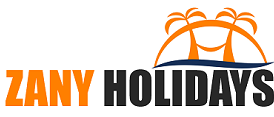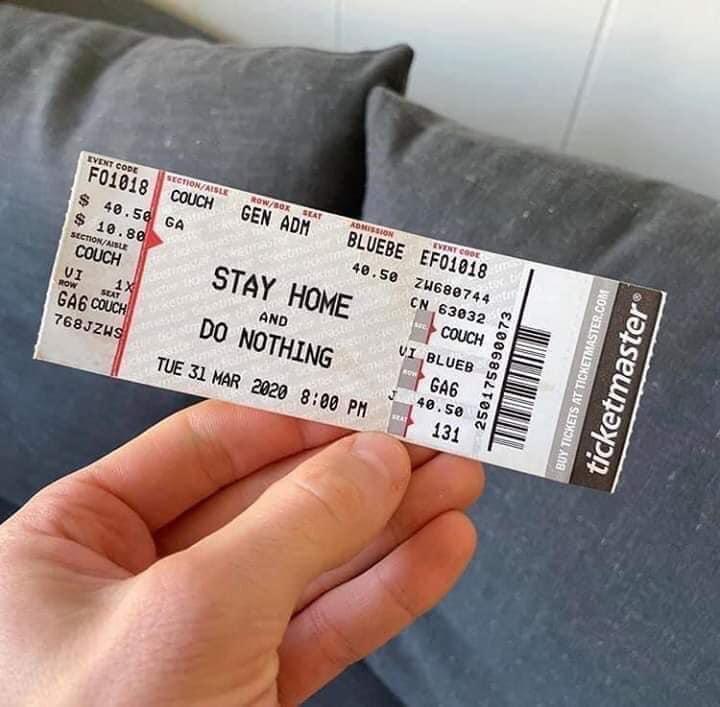The United States’ licensing of amateur radio stations began in 1912. People looking to use the bands that were allocated for amateur radio stations, needs to get a license from the FCC (Federal Communication Commission). Anyone without a license can easily listen to any of the bands but cannot transmit on their own. And if you think that you can just start transmitting and nothing will happen, think again. There are too many hams with too much time on their plate who will get you a meeting with the FCC that will result in some unpleasant consequences.
Still, it’s somewhat challenging to find a single reason not to get the license in the first place. It may turn out being one of the most accessible parts of your journey. Earning such a license implies passing an exam but before that it’s best to learn a bit about the classes that will help amateurs get their radio licenses. Furthermore, it will be helpful to learn a bit more about the privileges such classes will grant you.
So right now the entry-level class in the US is known as the Technician class. Keep in mind that the old Novice class along with the Morse code requirement for all classes were eliminated in the year 2000. Those with the Technicians privileges are eligible for operating on the upper frequencies – we’re talking the 2-meter (144 MHz) and 70-cm (420 MHz) band. These are available in phone mode implying voice transmission. Technicians are also gaining access to smaller slices of the 10-meter band using data modes, and small sections of 15-, 40-, and 80-meters. However, in order to master it, they will need to study Morse code. It largely means that the starting Technician will be limited to local communications only. Still, these bands are quite useful and will allow you to learn a bunch of stuff in the first place.
Even considering all the limitations, such a license will offer access to tons of bands and will allow you to consequently enter the next two classes. Generally speaking, you can divide them into the General category and Extras. They will require a Technician license that will imply passing a 35-question MCE (multiple choice examination).
If you are looking for more info on DX Engineering or the available Online practice, it’s best to visit the remote ham radio forum to make the most from your needs in the first place.

